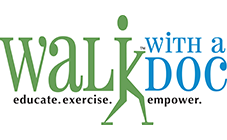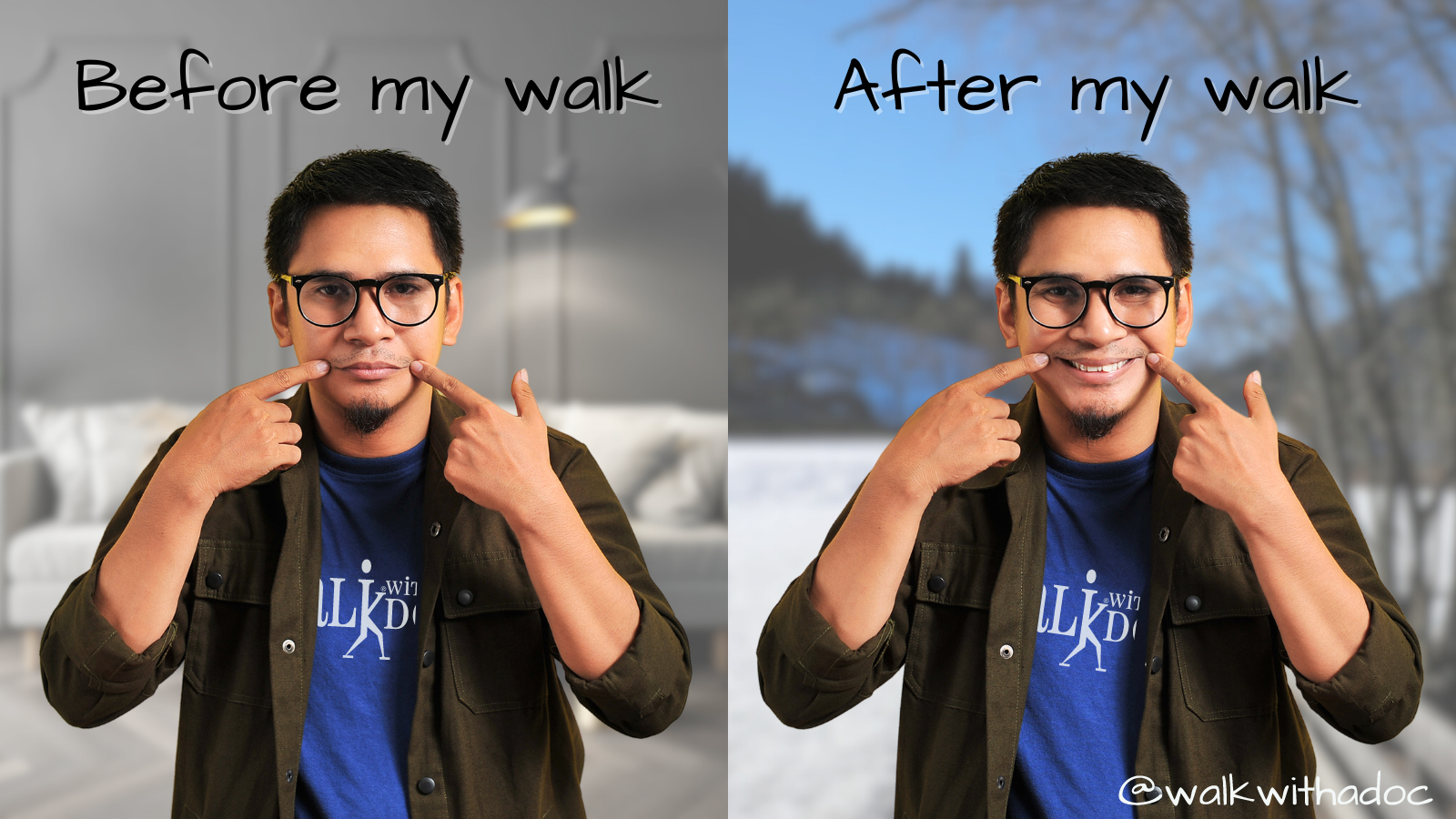Good morning! I hope it has been a fulfilling week for you.
Today, we are going to touch on a widespread disorder.
Seasonal Affective Disorder (SAD) affects up to 25 million Americans – and right about now is when it can start to sink its teeth in.
The likelihood that one of us will suffer from SAD increases the further one goes North and women are four times more likely to experience SAD.
How do you know if you might be dealing with it?
Signs and symptoms include:
- Increased rather than decreased sleep
- Increased rather than decreased appetite with carbohydrate craving
- A marked increase in weight
- Irritability
- Interpersonal difficulties (especially rejection sensitivity)
- Leaden paralysis (heavy, leaden feeling in arms and legs)
It is a disorder typically in the fall and winter, making you feel bad when the weather changes and daylight lessens.
It is unclear if this problem is due to serotonin, melatonin, or other hormones and their effect on the body’s circadian rhythms.
There is no uniform treatment plan, however, all treatment plans include physical activity. In most cases, exercise may help to manage or even prevent SAD.
How? Exercise stimulates the brain to release hormones called endorphins, which produce a sense of feeling good. Endorphin production usually begins 15 to 20 minutes into an exercise session and peaks after 45 minutes.
Studies show that even moderate exercise can erase depression symptoms for 2 or even more hours. In other words, you don’t need to run or rock climb to get this benefit.
The most recommended form of exercise for depression and SAD is whatever you will continue doing, for many it is simply walking.
We also recommend getting some (~at least 30 mins) sun every day if possible (outdoors is HUGE for treating SAD), and even taking deep breaths.
Really deep breaths – take time for yourself – you deserve it.
Other ways of attacking SAD (find what works for you):
- You’ve likely heard about ‘light therapy’: Here are some tips on selecting a light box.
- A diet high in fruits/vegetables packed with vitamins and minerals
- Maintain a similar sleep routine (shoot for at least 7 hours)
- Manage your stress the best you can
- See family and friends – the power of social connection cannot be overestimated. Here are two amazing books (one) and (two) and a third that will be phenomenal (coming this summer!)
- Keep a diary
We hope you have a wonderful weekend (it’s only a few hours away!)
david
Disclaimer:
This newsletter was written by Dr. David Sabgir and the team at Walk with a Doc headquarters and does not necessarily represent the views of our local WWAD chapter leaders.



